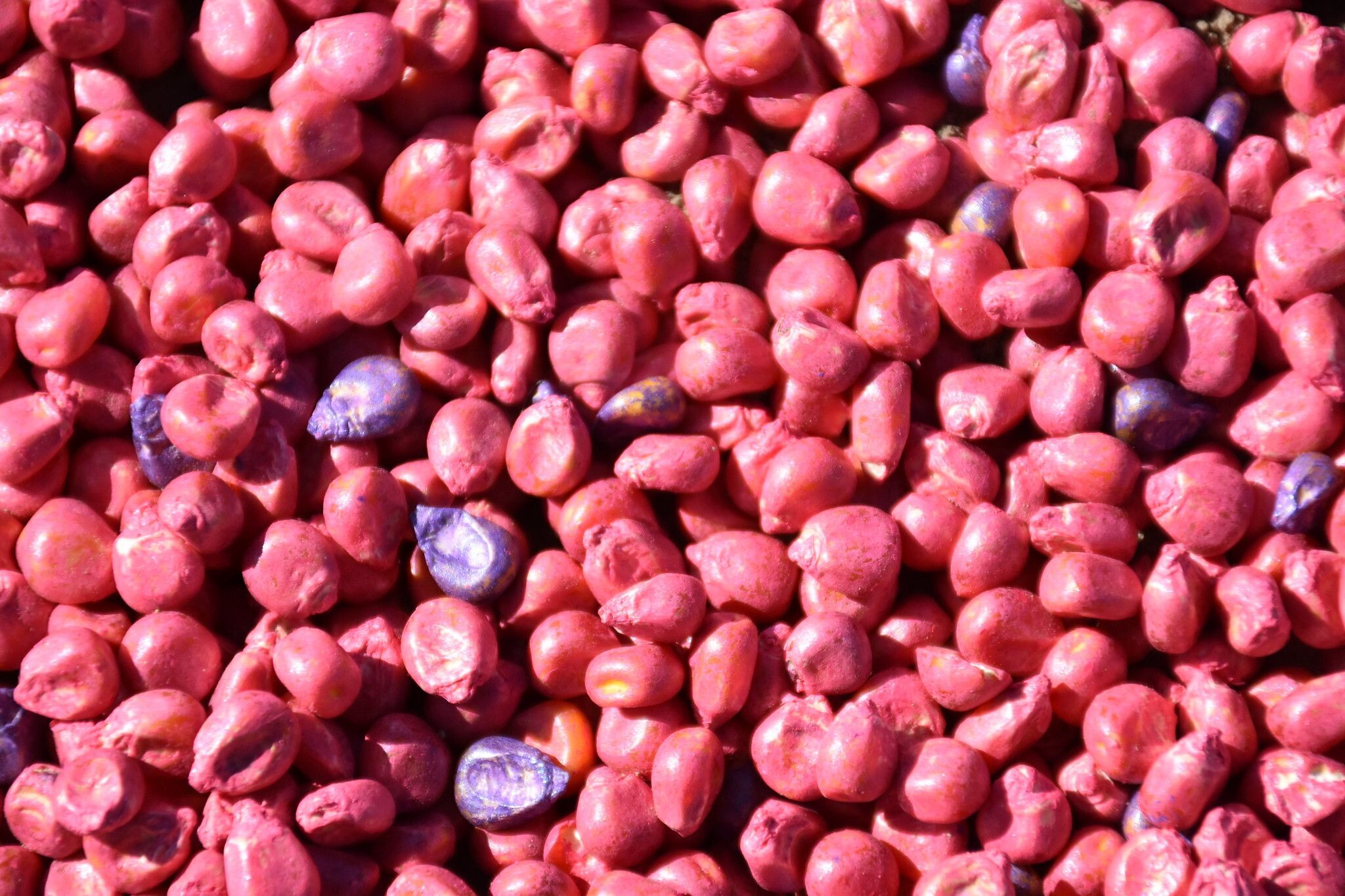
The serial drama of the continuing environmental cleanup of contaminated ethanol byproducts stockpiled at Kansas-based biofuel maker AltEn’s former production facility near Mead, Nebraska, begs to be introduced as if it were a streaming series on Netflix or Prime.
Previously on …
In 2015, six major seed companies (AgReliant, Bayer, Becks, Corteva Agriscience, Syngenta, and Winfield United) embarked on what they thought would be an efficient, cost-effective way to safely dispose of unused seed that had been treated with pesticides and fungicides. The idea was to produce ethanol from the seeds and market the byproduct — called wet cake — as fertilizer. Although ethanol plants had been safely producing fuel using harvested corn or grains for some time, no one had done so using seeds that were coated with “neonics,” shorthand for neonicotinoids, which kill insects and fungi and are toxic to humans. Due to the perceived revolutionary potential of the project, AltEn soon processed approximately 1 billion pounds of neonic-treated seeds, and then stacked a staggering 115,000 tons of contaminated wet cake at its Mead location.
It wasn’t long before area residents resented the disgusting reek of the seed piles. People also grew increasingly concerned about potential threats to their groundwater and their health. Seeing the writing on the wall, AltEn closed up shop in Nebraska.
Preliminary medical studies conducted by UNMC’s College of Public Health and Creighton University have indicated that, to date, there have been no demonstrated links between negative health conditions and exposure to chemicals from the AltEn plant. Tests have also revealed no contamination in the source of Mead’s drinking water.
Experts caution that it is too early to draw final conclusions about AltEn-related health threats, however. “Our conclusion was that people are getting contaminated by what’s stored there on the AltEn property,” said Dr. Eleanor Rogan, associate dean for strategic initiatives in the College of Public Health at UNMC. “And we hope that, with the cleanup, that problem will go away for the people in that area of Saunders County.”
Litigation involving AltEn and its seed company partners is ongoing.
Episode 2
The six seed producers coalesced into a coalition called the AltEn Facility Response Group and hired a firm called NewFields to carry out the cleanup. The coalition is covering the entire cost of the cleanup.
In a nutshell, the pilot plan calls for blending bentonite clay into the wet cake to dry and solidify it into 24,000 tons of solid waste. The waste will then be transported to the Pheasant Point landfill in Bennington, Nebraska, which is operated by WM (formerly Waste Management). NewFields and its contractors are responsible for ensuring that the process does not endanger anyone at the facility or along the transportation route.
During the first phase of the cleanup, in October and November 2023, NewFields delivered 10,208 tons (515 truckloads) of treated wet cake to Pheasant Point. Starting this summer, NewFields began transporting an additional 10,000 tons (about 485 truckloads) of treated wet cake to the disposal site.
Meanwhile, about 13.4 million pounds of treated and discarded seed are being burned at a Covanta “waste-to-energy” facility in Tulsa, Oklahoma, which will generate energy for residential use.
What's up next
Transportation of solid waste from Mead to Bennington, which had been suspended during the cold weather months, resumed. Other facets of the NewFields-led cleanup effort have continued unabated, including water treatment, groundwater testing and treated seed removal.
In a preliminary report, NewFields wrote that soil samples contained chemicals from the AltEn waste material, but at concentrations that would make it unlikely for them to reach groundwater in the Todd Valley aquifer, which supplies water to local residents. University of Nebraska researchers also collected samples independently from deep in the soil on farms that used AltEn waste as fertilizer. They found neonicotinoids in low amounts even at 30-40 feet deep. A NewFields representative said that once more of the wet cake has been removed, the firm will collect samples from the consolidated wet cake pile, following guidance from the Nebraska Department of Environment and Energy for the sample depths and locations.
After the pilot project concludes, the six seed companies in the AltEn Facility Response Group will work with the team from NewFields to analyze data and determine the safest course of action for removing the remaining wet cake. It’s entirely possible that this drama could run for several more seasons. Stay tuned.
Sources for this article include: Lincoln Journal Star, Nebraska Public Media, KOLN, University of Nebraska Medical Center College of Public Health, NewFields.com, and Progressive Farmer, powered by DTN.

